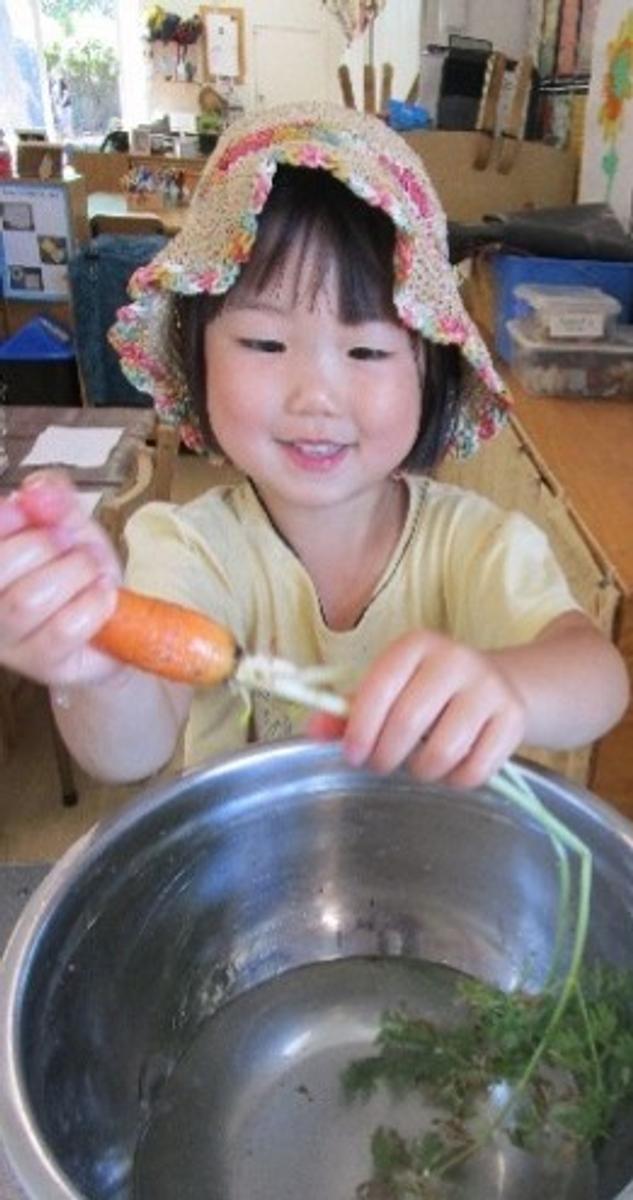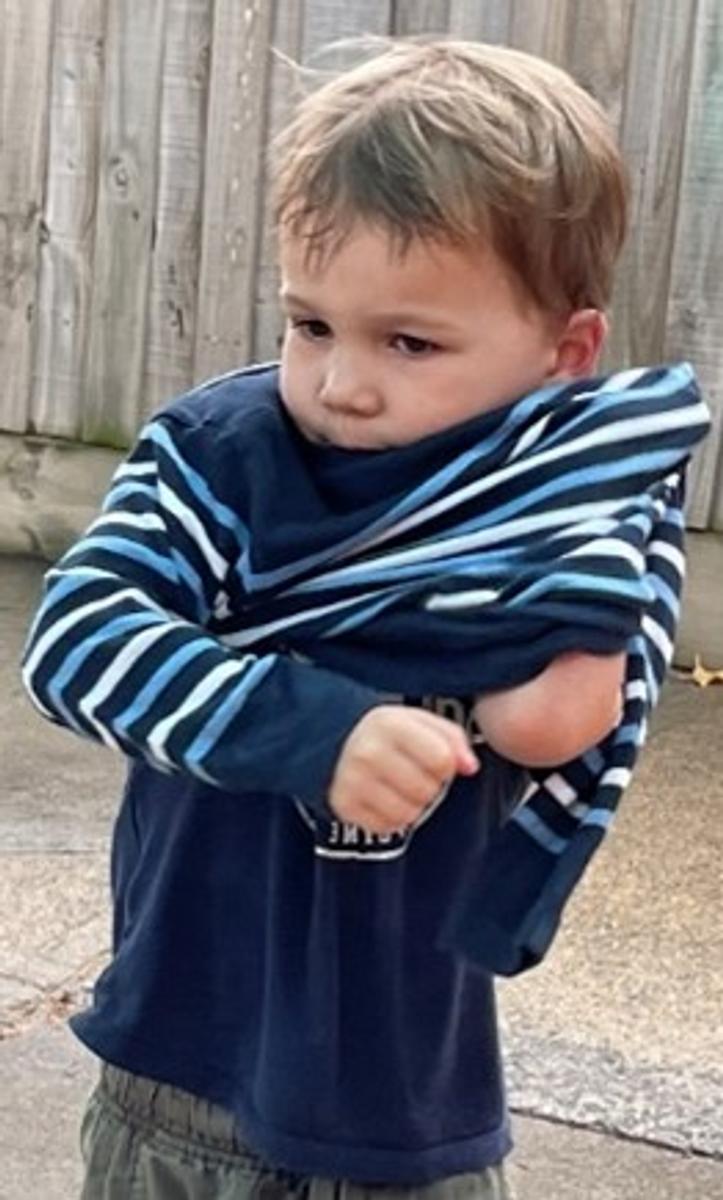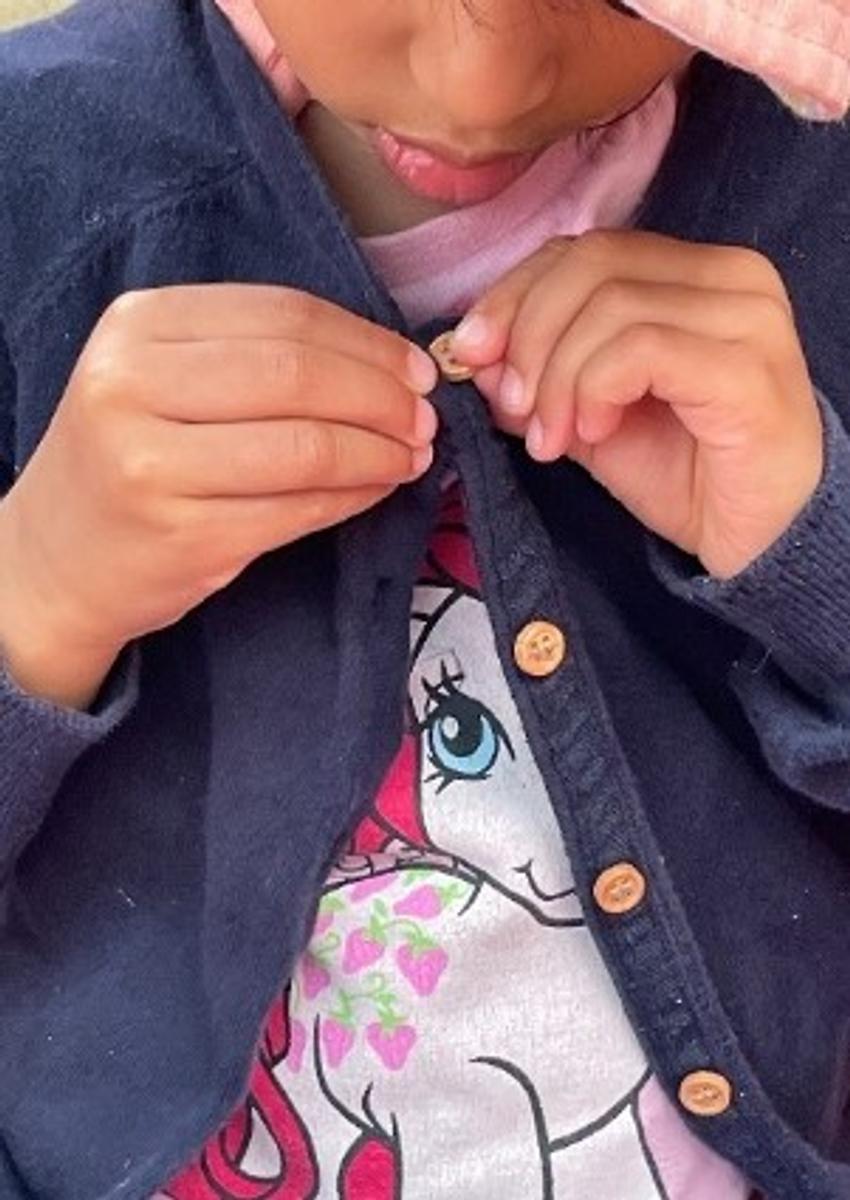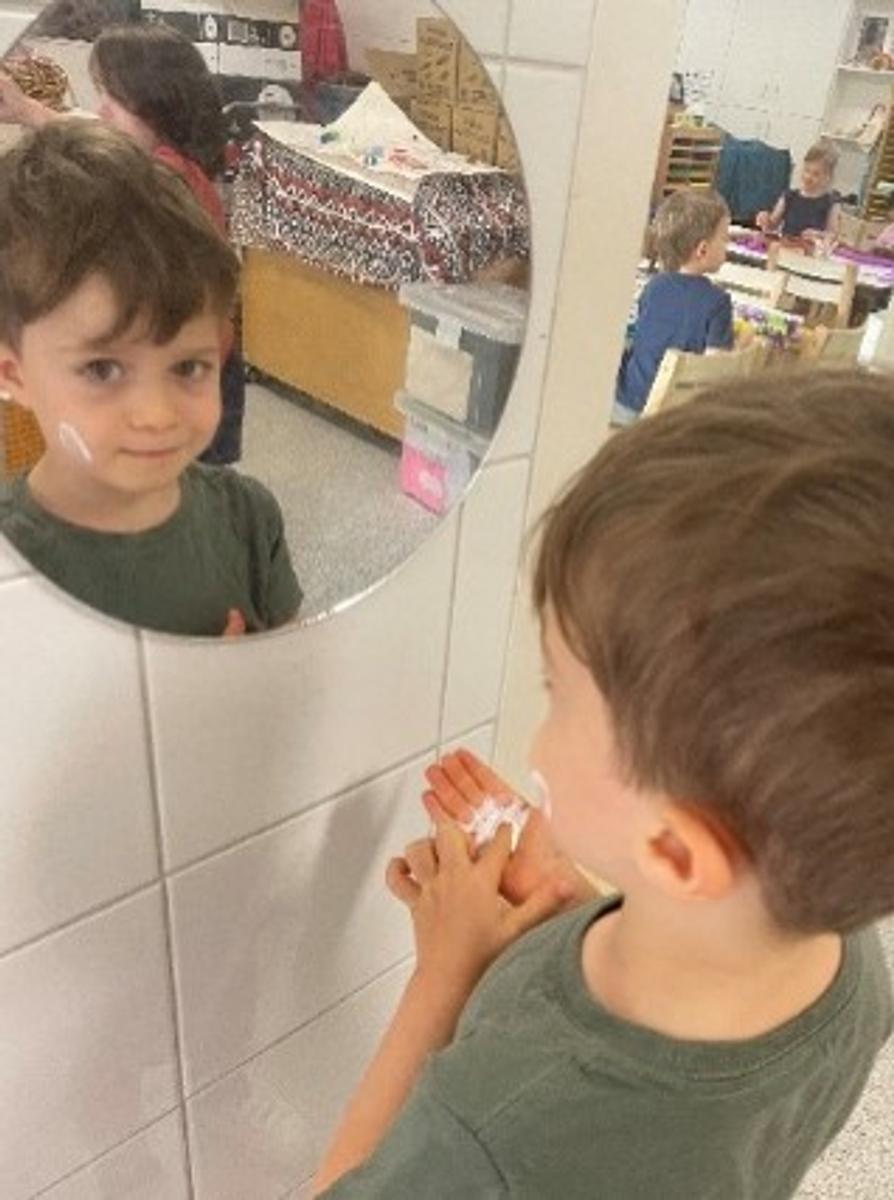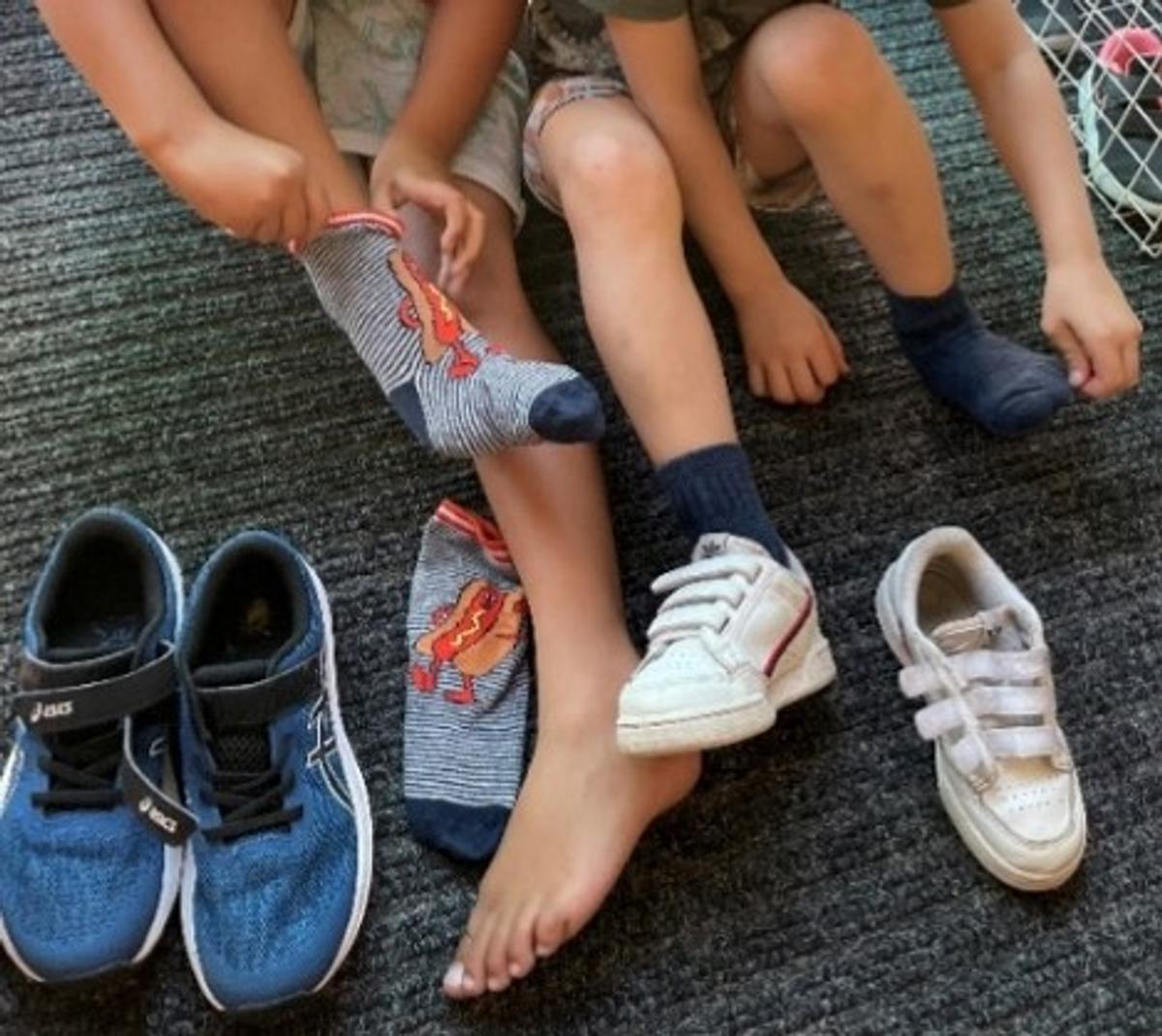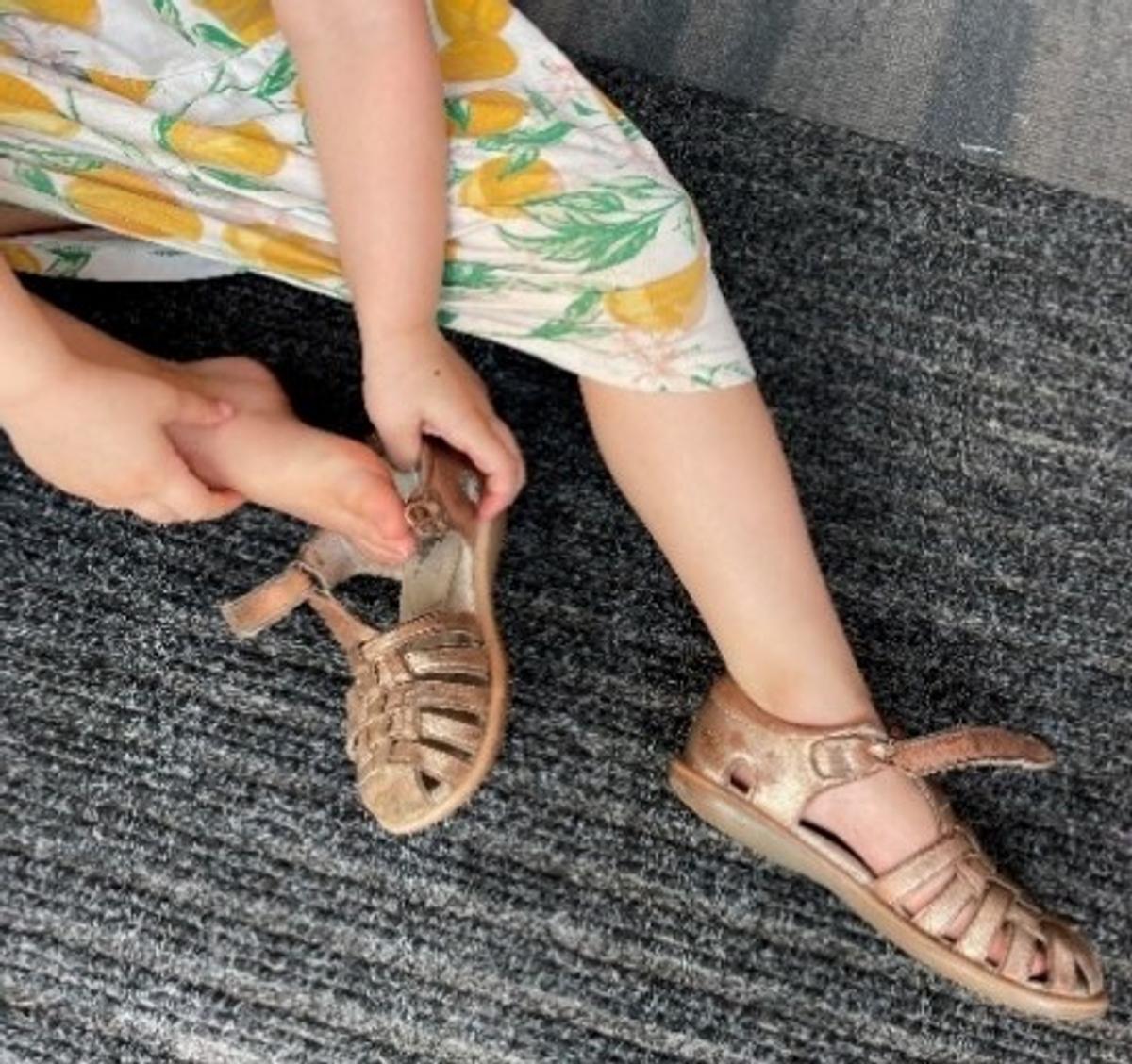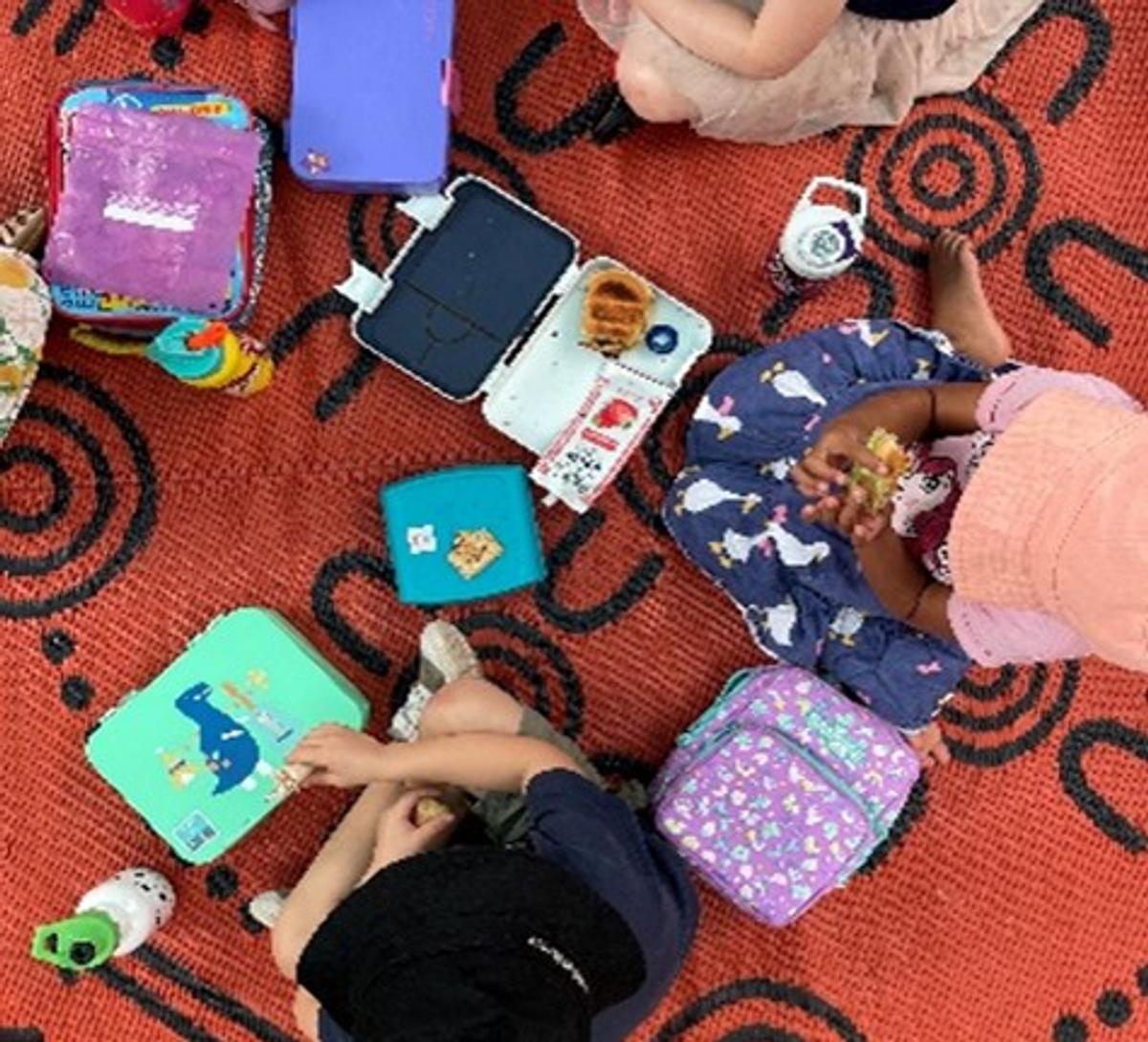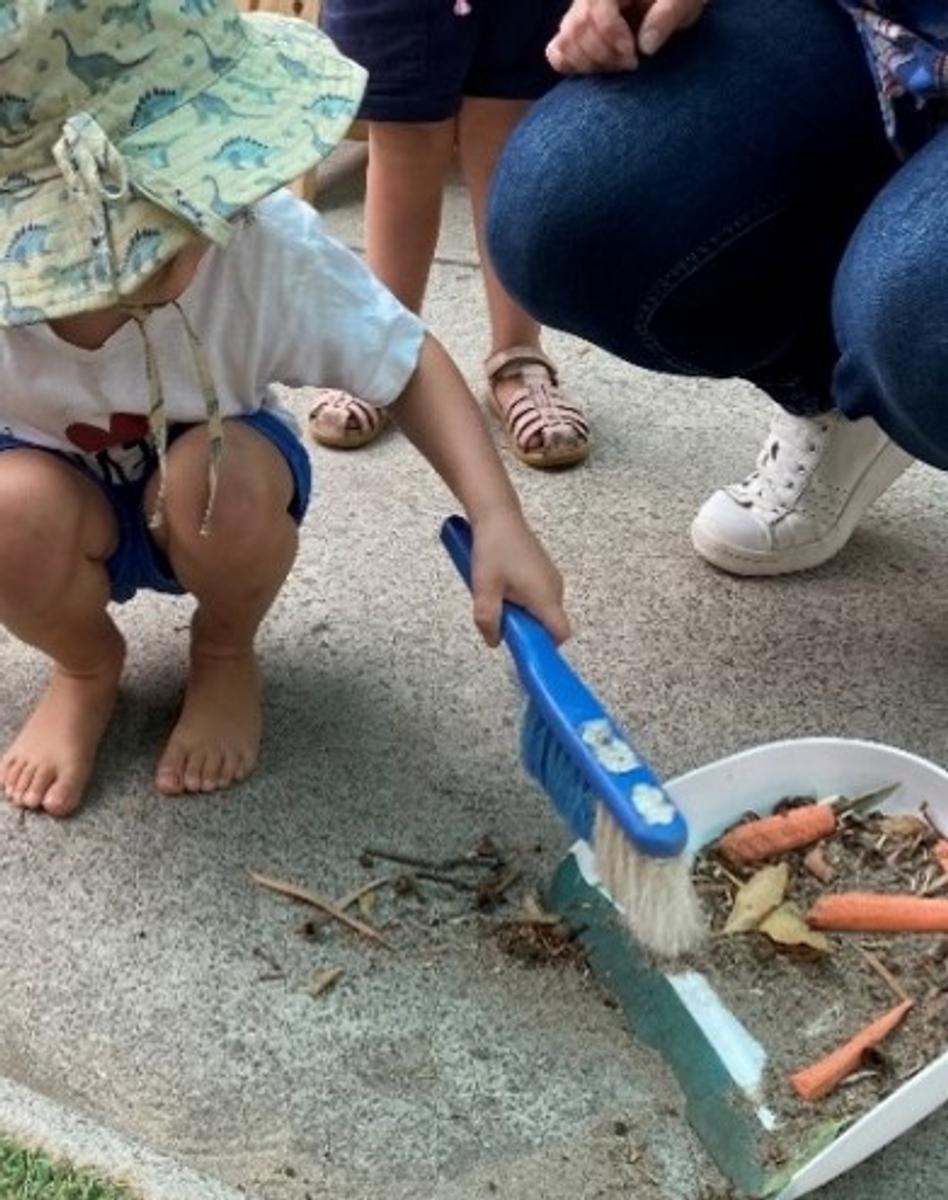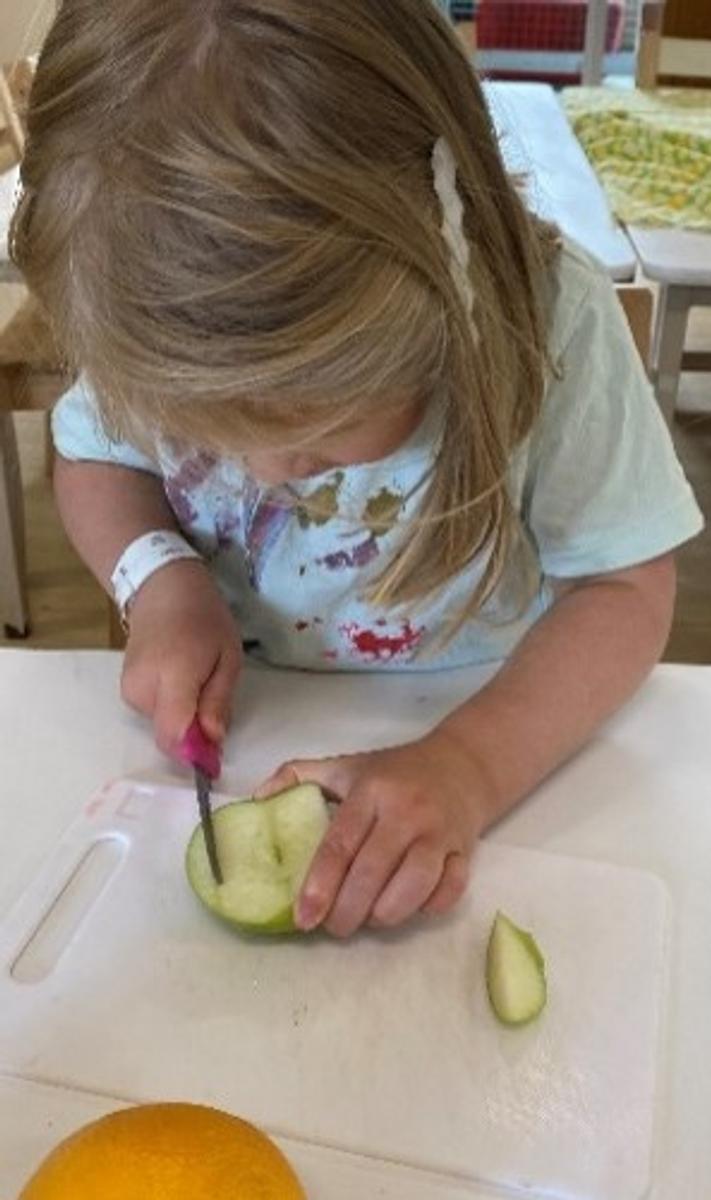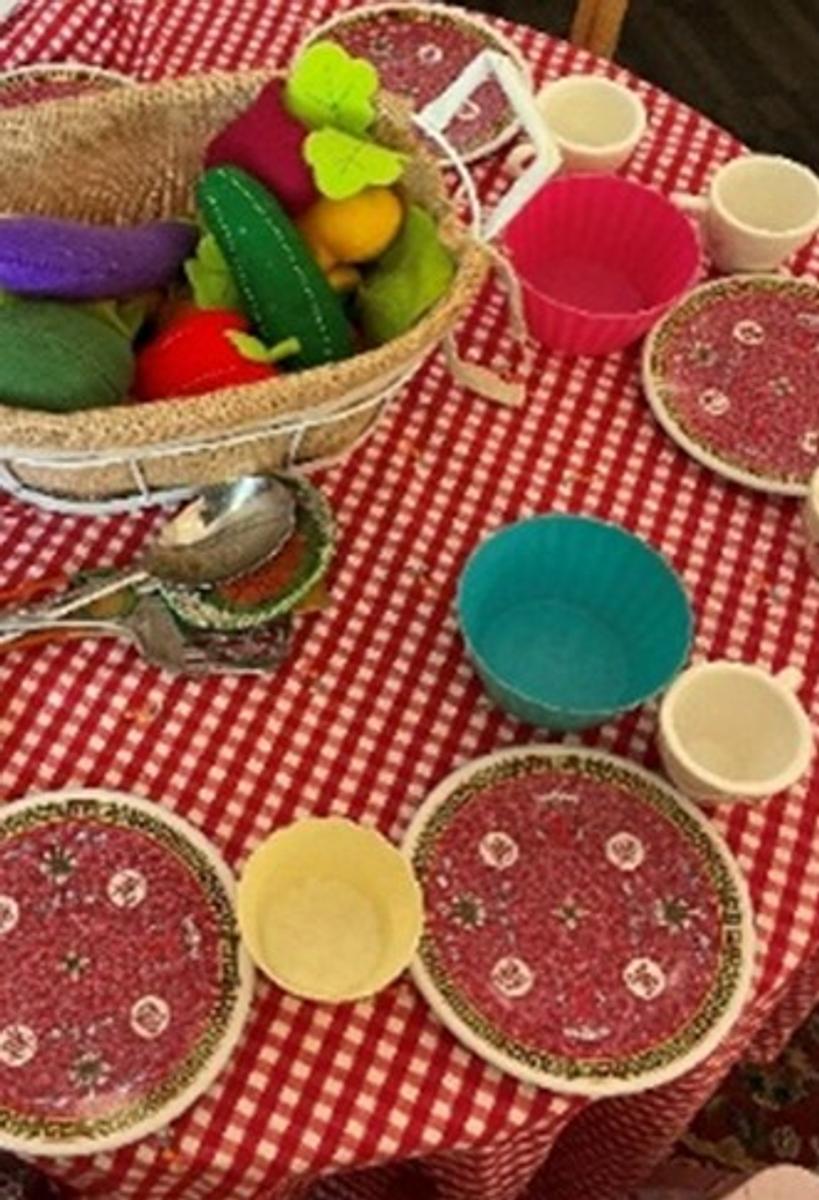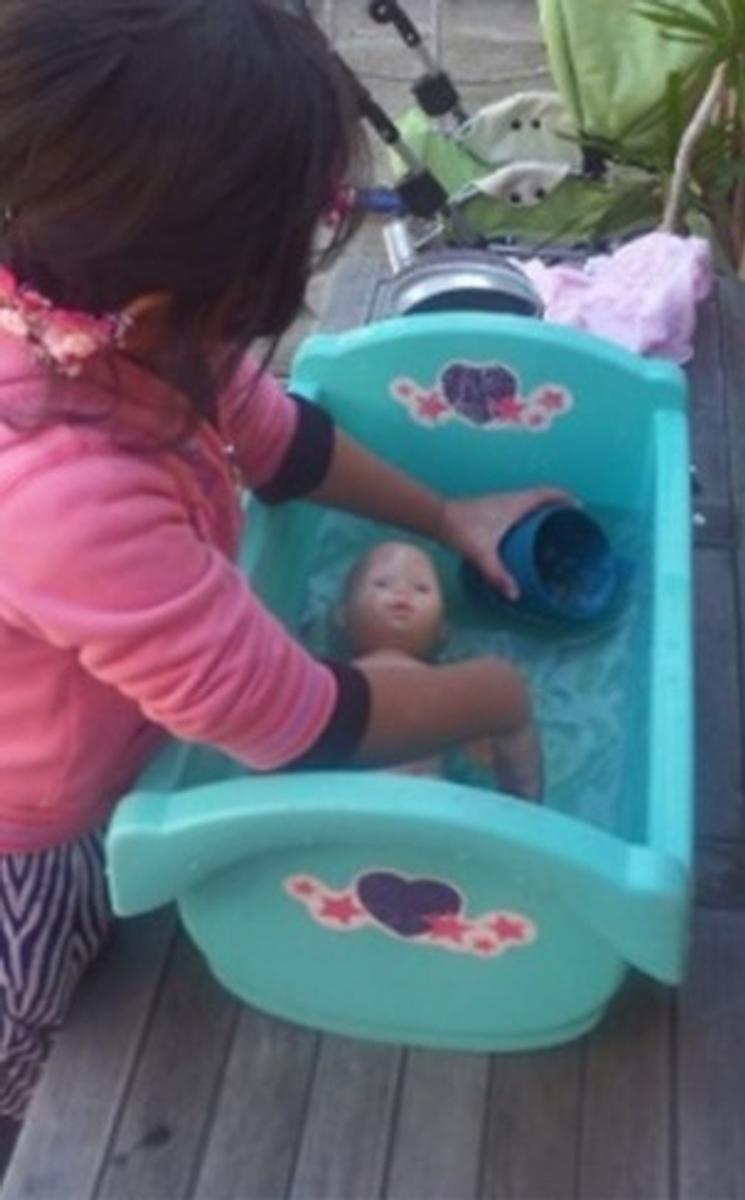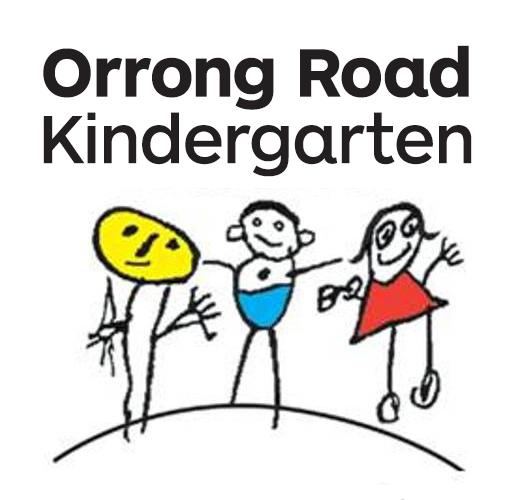GEKA Orrong Road
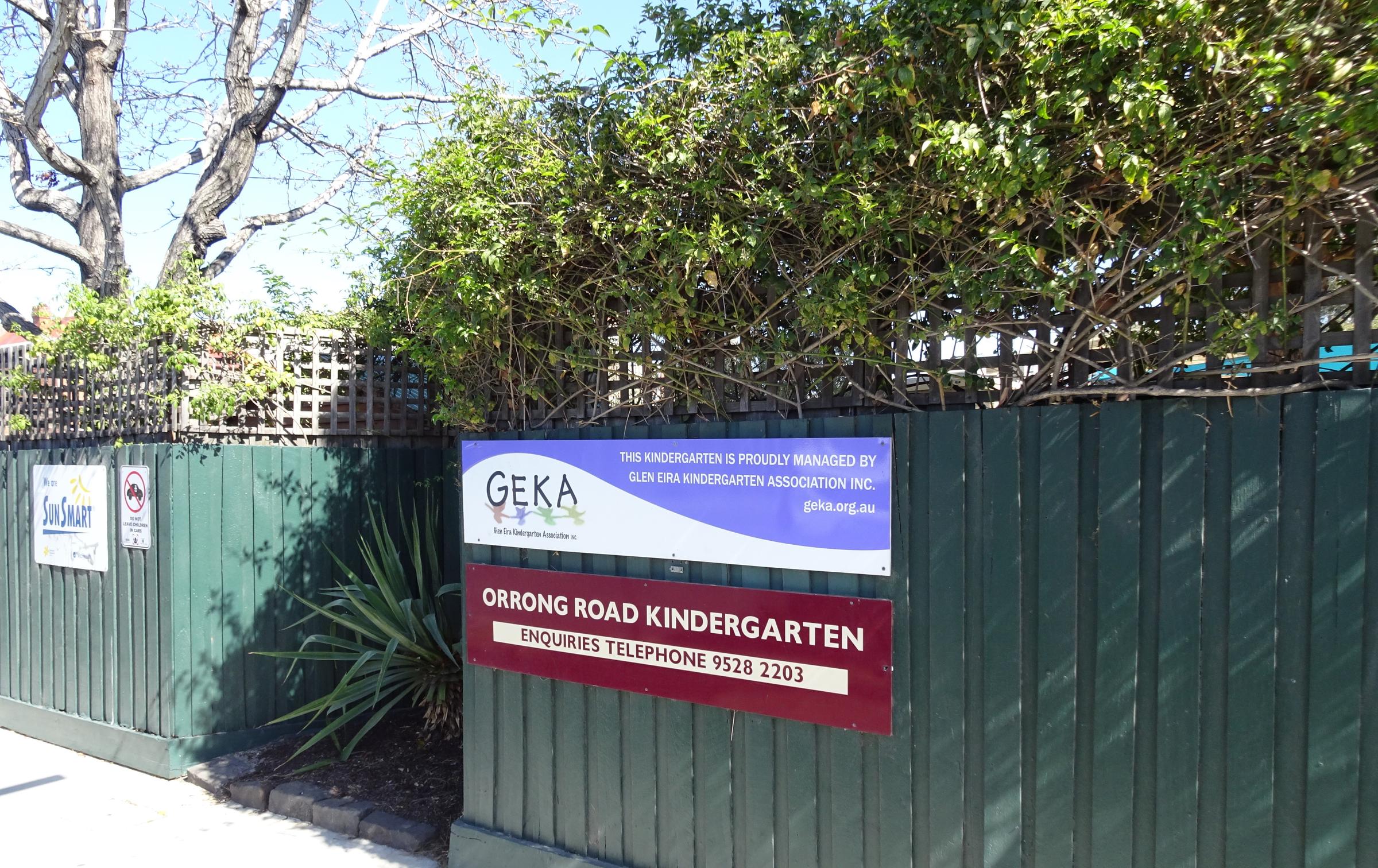
Instilling Habits for Life
Vanessa Ashman, Early Childhood Educator
From the beginning of 2020, we have all endured a world challenged by pandemic. During this time many people have faced difficulty, and suffered anxiety, illness, loss, grief, social isolation and an uncertain future.
The 3- and 4-year-old children in our classes this year, have spent over half their short lives so far living with the pandemic that swept the world. They have experienced worried and possibly sick or unemployed parents, disrupted routines, a smaller world, with minimal social and family connections due to COVID-19 restrictions, regulations and lockdowns.
The things that help people cope when faced with difficulties and challenge, and the skills that are important for children to learn ‘in light of COVID-19’, are the same fundamental skills that we have already always believed were important to teach our children.
The staff at GEKA Orrong Road believe there are many important skills for us to teach and role model for children, including- Kindness, respect and empathy, effective communication, problem solving and decision-making skills, emotional intelligence and regulation, social skills, self-awareness, positive self-image and mental health. We all agree that instilling confidence, resilience, self-help skills and independence, are vital for children to be able to face and overcome challenges in their life.
Thank you to teachers, Liang and Maree for the following comments:
Liang Li, Early Childhood Teacher
As the whole world has been through 2 years of COVID, most families we've talked to have had similar concerns: the interruption of children going to childcare or kindergarten; children's transition to 3yo or 4yo kinder at the beginning of the year; their abilities to make friends with peers etc. We have quite a few children in our 3yo group whose attendance in an Early Years Program got constantly disrupted last year due to COVID, and these children have shown more separation anxiety compared to others. As a result, the anxiety and stress that families experience can sometimes mirror that of their child, and vice versa.
As educators, the proof that we are always there to support them and to provide high-quality of care has become even more essential. Therefore, except from having conversations with families at the end of the day like what we used to do before COVID, nowadays, one of us will usually email families with photos of what their children are doing during the session or just give them a quick call to assure they are well taken care of.
Also, in addition to asking families to bring family photos and 'Getting to Know You' forms, we provide families with 'This Is My Kindergarten' book, which helps children know what to expect at kindergarten, eg, pictures and names of all educators in their group with emphasis that these are the adults they can go to whenever they need help; pictures of a variety of indoor and outdoor activities for them to choose; pictures of children's toilets and trolleys where they leave morning tea snacks and lunch etc. We suggest families read this book to their children at least a few times so that they can become familiar with the routine, reduce anxiety and feel confident, safe and well prepared.
Living under the pandemic, all of us have faced so many uncertainties and challenges that we've never dealt with before. I believe, acquiring Resilience helps us focus and work under pressure. With so much going on in the world, the future generation will definitely need this fundamental life skill more than ever. So, from the very beginning, we educators put so much work into assisting children to learn how to be resilient. No matter if they are completing a task, or engaging with an activity, or learning a self-help skill, we provide full one-on-one support to ensure children are able to achieve positive outcomes.
More importantly, we need to show families that children are capable of achieving these goals with proper support and assistance, and that they are resilient when facing adversity, when given the opportunity. When we tell some families that children get to pack up their own bags and manage to look after their belongings at kinder, they are quite surprised that their children are capable of doing it! So, in addition to helping children gain confidence, independence and resilience at kindergarten, I believe we need to inform families that it will be more beneficial for children if they can be given the same opportunities, and receive the same support at home- rather than having everything done for them.
Maree Cust, Early Childhood Teacher
A big part of the first few weeks is focusing on our children learning the new routines and the expectations that we have for all our kinder friends. Encouraging independence and a sense of agency for every child is really important to us, and we believe our children are extremely capable little people! For example, getting them to unpack their own things when they arrive, ensuring they have packed a suitable hat so they can play outside, applying their own sunscreen throughout the day, being responsible for their own belongings, getting themselves changed when they get wet or muddy, collecting everything from their locker when they leave. These are all excellent opportunities for children to learn self-help skills and realise all the many things they are able to do when given the chance. As
educators, we will always encourage our children to try and work things out for themselves, before giving up or claiming "I can't do it" and of course we will always be close by and available to help them if and when they need it, after they have given it their best attempt.
Building the bridge and maintaining excellent open communication between home environment and kindergarten, and working in partnership with families, can help reduce anxiety for parents, and help children develop vital self-help skills and resilience. Being able to communicate effectively, and access support when needed, helps us all maintain good mental health, a positive attitude, and strong coping skills in difficult times.
The pandemic has reassured us that we have already been well on the right track with teaching what is most important for children, and as educators we will continue to do so with confidence that we are providing what children and families really need.
Now in 2022 as we all move from pandemic towards endemic, there is no doubt that each generation will continue to face personal and global challenges in their lives. Will our children benefit from the skills they have learnt by spending such formative years of age, between 2 and 4 years old, living in a pandemic world? Let’s hope so!
When given the opportunity, we know how capable children can be!

